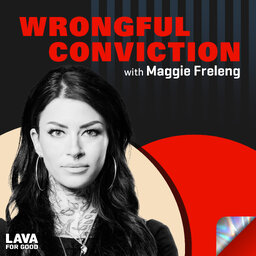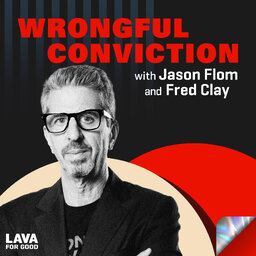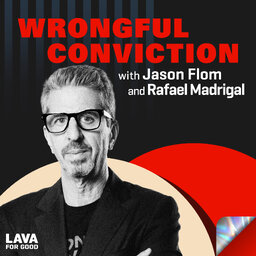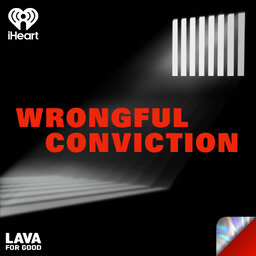In the fall of 1998, Julius Jones had the whole world ahead of him. He was a freshman who planned to study engineering and was attending the University of Oklahoma on an academic scholarship. The following summer, just three days after his 19th birthday, Julius was awakened and dragged out of bed, barefoot and shirtless, and taken into police custody as a murder suspect. In 2002, he was convicted of killing a prominent local businessman – this after eyewitness testimony that should have excluded the young man as a suspect, as well as overt racial bias both in the news media and in the jury box.
Julius Jones is facing execution as early as the fall of 2020.
Special guests Kim Kardashian West along with Julius’ current attorney, Dale Baich and his mother and sister, Madeline and Antoinette Jones, join Jason Flom to discuss Julius’ case and the race for the State of Oklahoma to grant him clemency before it’s too late.
Learn more and get involved at: https://www.justiceforjuliusjones.com/
https://www.change.org/p/julius-jones-is-innocent-don-t-let-him-be-executed-by-the-state-of-oklahoma
https://www.wrongfulconvictionpodcast.com/with-jason-flom
Wrongful Conviction is a production of Lava for Good™ Podcasts in association with Signal Co. No1.
We have worked hard to ensure that all facts reported in this show are accurate. The views and opinions expressed by the individuals featured in this show are their own and do not necessarily reflect those of Lava for Good.
In 1 playlist(s)
Wrongful Conviction
Hosted by celebrated criminal justice reform advocate and founding board member of the Innocence Pro…Social links
Follow podcast
Recent clips

Wrongful Conviction with Maggie Freleng Season 5 - TRAILER
01:37

#563 Jason Flom with Fred Clay
57:32

#562 Jason Flom with Rafael Madrigal
48:40
 Wrongful Conviction
Wrongful Conviction